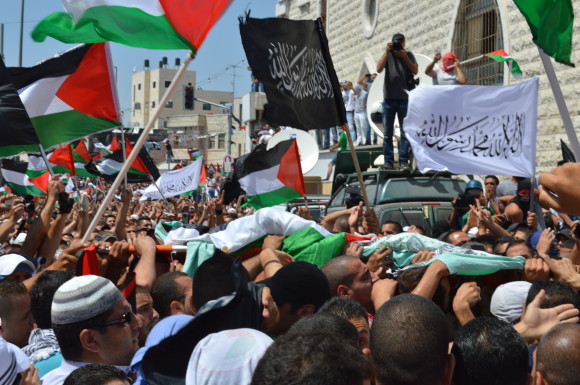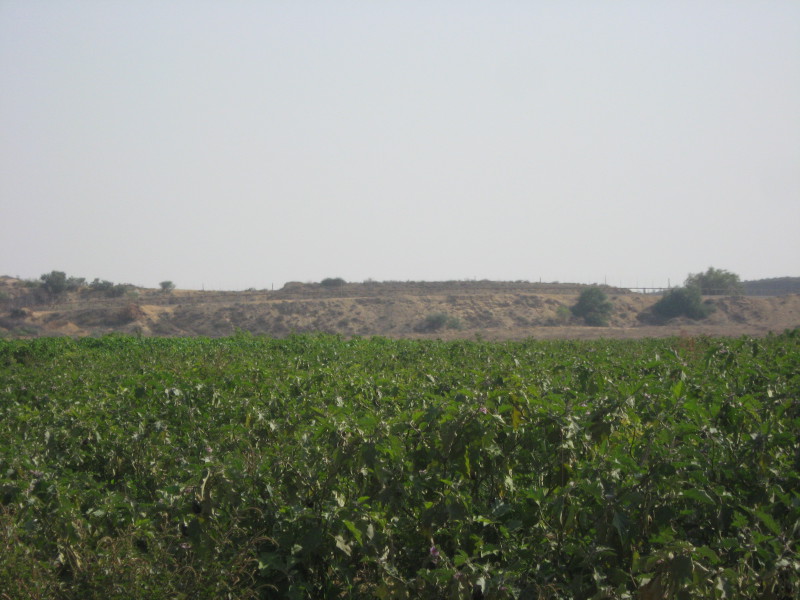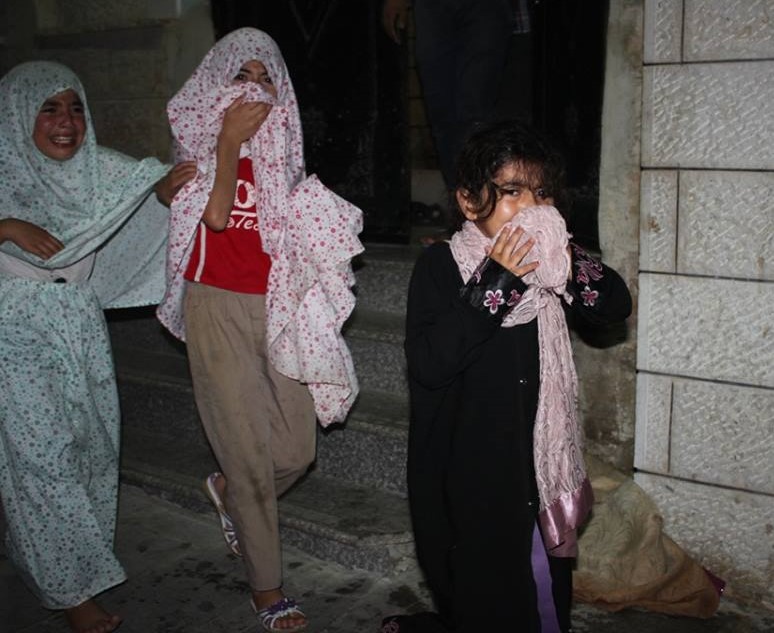Category: Reports
-
Palestinians protest the murder of Mohammed Abu Khdeir and destroy apartheid tramway
6th July 2014 | International Solidarity Movement | Shu’afat, Occupied Palestine On the 04th July 2014, at least 2,000 Palestinian mourners gathered in Shu’afat for the funeral of Mohammed Abu Khdeir, who was kidnapped last week. His mutilated body was later found in a forest on the outskirts of Jerusalem. The autopsy indicates that he was burnt…
-
Israeli forces attack mosque in village near Salfit, detaining and beating a child
3rd July 2014 | International Solidarity Movement, Nablus Team | Qarawat Bani Hassan, Occupied Palestine At 9 o’clock in the evening of July 2nd, Israeli forces invaded the small Palestinian village of Qarawat Bani Hassan, approximately 10 km northwest of Salfit in the northern half of the West Bank. They approached the mosque in the center of town and fired tear gas…



